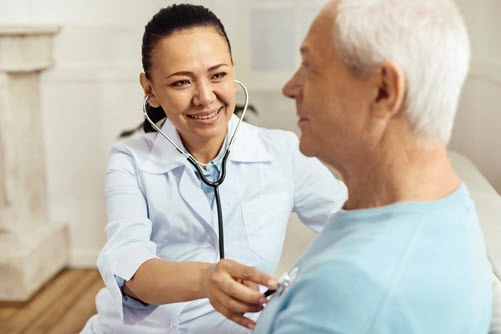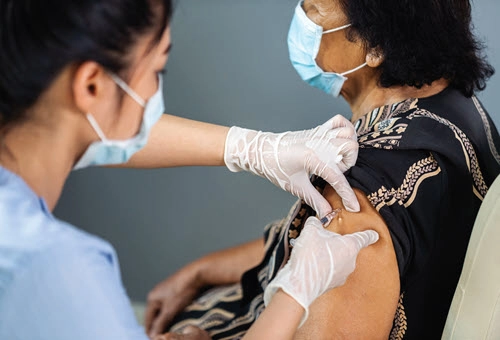See details on organizations and areas receiving assistance.
Providers working in underserved communities and rural areas have been struggling to tamp down spikes and help vulnerable patients struggling with both the aftereffects of COVID-19 and vaccination availability. They finally have some help coming their way.
Why? According to Department of Health & Human Services (HHS) guidance, underserved communities have been disproportionately hit by COVID-19. These vulnerable patients are suffering because of a lack of resources, including healthcare provider shortages and access to therapies and vaccines. Health equity issues have come to the surface during the public health emergency (PHE), and that’s why HHS is investing in new initiatives to give underserved communities that extra boost they need, Health Resources & Services Administration (HRSA) online guidance suggests.

Feds Offer Therapy Funding for COVID Patients
On March 17, the Biden administration indicated that HHS would be putting $150 million toward extra resources and antibody therapies in underserved communities to “prevent hospitalizations and deaths” from COVID-19, an agency release suggests.
In addition to the therapies, the funding is intended to increase staffing and capacity at infusion facilities and update equipment.
Statistics garnered from the Centers for Disease Control and Prevention (CDC) social vulnerability index will be used to decide which communities receive the federal assistance. CDC guidance shows that underserved communities and ethnic minorities have been “disproportionately” impacted by COVID-19, “largely due to poverty and uneven access to healthcare in those communities,” HHS explains in the brief.
“We’re working to keep people from getting COVID-19, and the vaccines that are currently being administered across the country are a key to doing just that,” said Marcella Nunez-Smith, MD, chair of the COVID-19 Health Equity Task Force in the HHS release. “But for those individuals who get COVID-19, we want to make sure that they, too, have the benefit of the latest in scientific discovery to give them hope and help toward a safe and speedy recovery.”
Study more data about COVID-19 therapies and HHS’ initiatives at https://combatcovid.hhs.gov.

HRSA Expands Vaccine Distribution Program
One of the most critical parts of the vaccination rollout is ensuring that everyone has access to the shots. HRSA in coordination with the Centers for Disease Control and Prevention (CDC) originally instituted a program that allocated COVID-19 vaccines to 250 HRSA-supported health centers, an HHS release notes.
On March 11, HHS announced that HRSA would be expanding its program, adding another 700 centers to its distribution list over the next six weeks.
Facts: There are about 1,400 centers funded by the agency with operations at more than 13,000 sites nationwide. “Over 91 percent of health center patients are individuals or families living at or below 200 percent of the Federal Poverty Guidelines and nearly 63 percent are racial/ethnic minorities,” HRSA says.
The 700 HRSA-funded centers added to the original group “include those that serve high proportions of low-income and minority patients, provide services to rural or frontier populations, operate Tribal/Urban Indian Health Programs, and/or utilize mobile vans to deliver services,” the HHS release says.
Review the HRSA expansion details with data on the impacted centers at >www.hrsa.gov/coronavirus/health-center-program.
